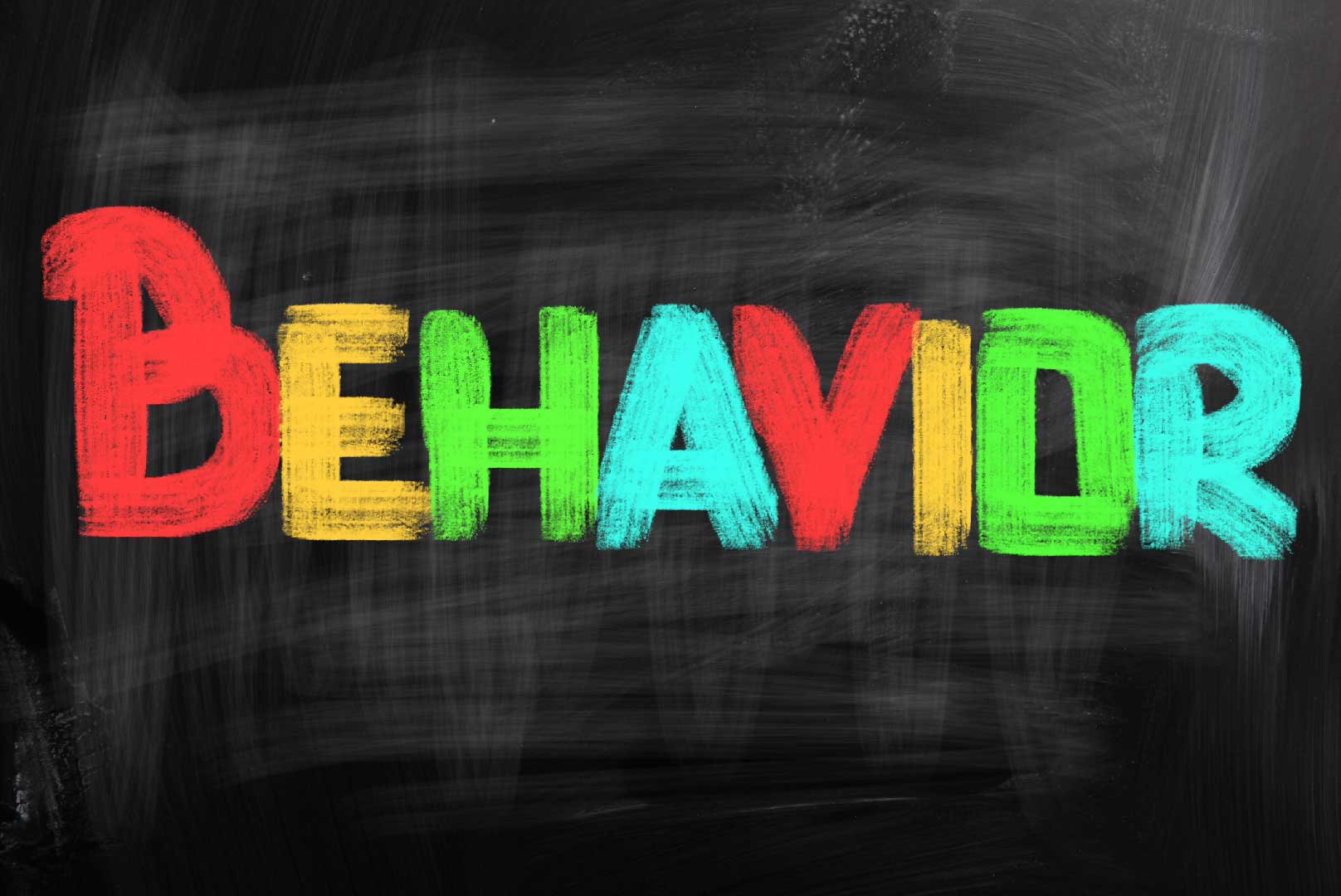Unraveling The Mysteries Of Behavior
Understanding behavior is fundamental to the human experience, as it shapes our interactions, decisions, and ultimately, our lives. From the way we communicate to how we react in certain situations, behavior encompasses a wide range of actions and reactions that define who we are. By exploring the nuances of behavior, we can gain valuable insights into our own actions and the actions of others, fostering deeper connections and more meaningful relationships.
Behavior is not a static concept; it evolves with time, influenced by culture, environment, and personal experiences. Whether we are aware of it or not, our behavior often reflects our values, beliefs, and emotional states. By examining our behavior, we can identify patterns that may reveal underlying motivations and help us understand how we can improve our interpersonal relationships and emotional well-being.
As we delve into the world of behavior, we will explore various aspects, including psychological theories, factors influencing behavior, and the role of behavior in our daily lives. Understanding behavior is not only crucial for personal development but also for fostering a healthier society as a whole. Join us on this exploration of behavior as we uncover the intricacies involved in our actions and how they shape the world around us.
What is Behavior?
Behavior refers to the range of actions and mannerisms exhibited by individuals. It can be observable or inferred from actions, and it encompasses everything from verbal communication to non-verbal cues. Understanding behavior is essential for social interactions, as it offers insights into our motivations, emotions, and overall personality.
How is Behavior Influenced by Environment?
The environment plays a significant role in shaping behavior. Factors such as social norms, cultural values, and situational contexts can all impact how we behave. For instance, individuals may act differently in a professional setting compared to a casual gathering, indicating that our behavior is often context-dependent.
What Are the Different Types of Behavior?
Behavior can be categorized in various ways, including:
- Voluntary Behavior: Actions that we consciously choose to perform.
- Involuntary Behavior: Automatic responses to stimuli that occur without conscious thought.
- Adaptive Behavior: Actions that help individuals adjust to new situations or environments.
- Maladaptive Behavior: Actions that hinder personal growth or cause distress to oneself or others.
How Do Psychology and Behavior Interact?
Psychology provides a framework for understanding behavior through various theories and models. For instance, behaviorism focuses on observable behaviors and the effects of conditioning, while cognitive psychology examines how thoughts influence actions. By studying these interactions, we can better understand the complexities of human behavior.
What Role Does Emotion Play in Behavior?
Emotions significantly influence behavior. When we experience strong emotions, our actions can be affected in various ways. For example, feelings of anger or frustration may lead to impulsive decisions, while happiness can foster cooperation and kindness. Recognizing the connection between emotion and behavior is crucial for emotional intelligence and self-regulation.
How Can We Change Our Behavior?
Changing behavior often requires self-awareness and a desire to improve. Some strategies to promote positive behavior change include:
- Setting Clear Goals: Define specific, measurable objectives for behavior change.
- Seeking Feedback: Engage with others to gain insights into your behavior.
- Practicing Mindfulness: Develop awareness of your thoughts and actions to encourage intentional behavior.
- Utilizing Support Systems: Seek support from friends, family, or professionals to facilitate change.
Biography of a Behavioral Expert
To illustrate the impact of behavior on personal and professional development, let’s take a closer look at the life of renowned psychologist and behavioral expert, B.F. Skinner.
| Personal Details | Bio Data |
|---|---|
| Name: | Burrhus Frederic Skinner |
| Date of Birth: | March 20, 1904 |
| Date of Death: | August 18, 1990 |
| Occupation: | Psychologist, Behaviorist, Author |
| Notable Works: | The Behavior of Organisms, Beyond Freedom and Dignity |
| Achievements: | Invented the Skinner Box, contributed to behaviorism and operant conditioning |
What Are the Practical Applications of Behavioral Studies?
Behavioral studies have a wide range of practical applications, including:
- Education: Enhancing teaching methods and learning environments.
- Healthcare: Improving patient compliance and treatment outcomes.
- Workplace: Developing effective training programs and improving employee performance.
- Therapy: Informing therapeutic techniques for mental health treatment.
What Future Research is Needed in the Field of Behavior?
As our understanding of behavior continues to evolve, future research is essential in several areas:
- Behavior in Digital Environments: Investigating how technology influences human behavior.
- Cross-Cultural Behavior Studies: Understanding how cultural differences affect behavior.
- Behavior and Neuroscience: Exploring the biological underpinnings of behavior.
- Sustainable Behavior: Examining factors that encourage environmentally friendly actions.
Conclusion: Why Understanding Behavior Matters?
Understanding behavior is crucial for personal development, effective communication, and fostering healthy relationships. By examining the various factors that influence behavior, we can make informed decisions, improve our interactions with others, and contribute positively to society. As we continue to explore the depths of behavior, we unlock the potential for growth, empathy, and understanding in our lives and communities.
Article Recommendations
- Queen Mary Of Denmark
- Is Kim Kardashian Pregnant
- Autumn Levine Obituary
- Yuen Qiu
- Ryan Eggold Wife 2024
- The Stumble Inn
- Waylon Jennings Children
- Jade Castrinos
- Chinese Zodiac Signs 1982
- Lee Cobra Kai


